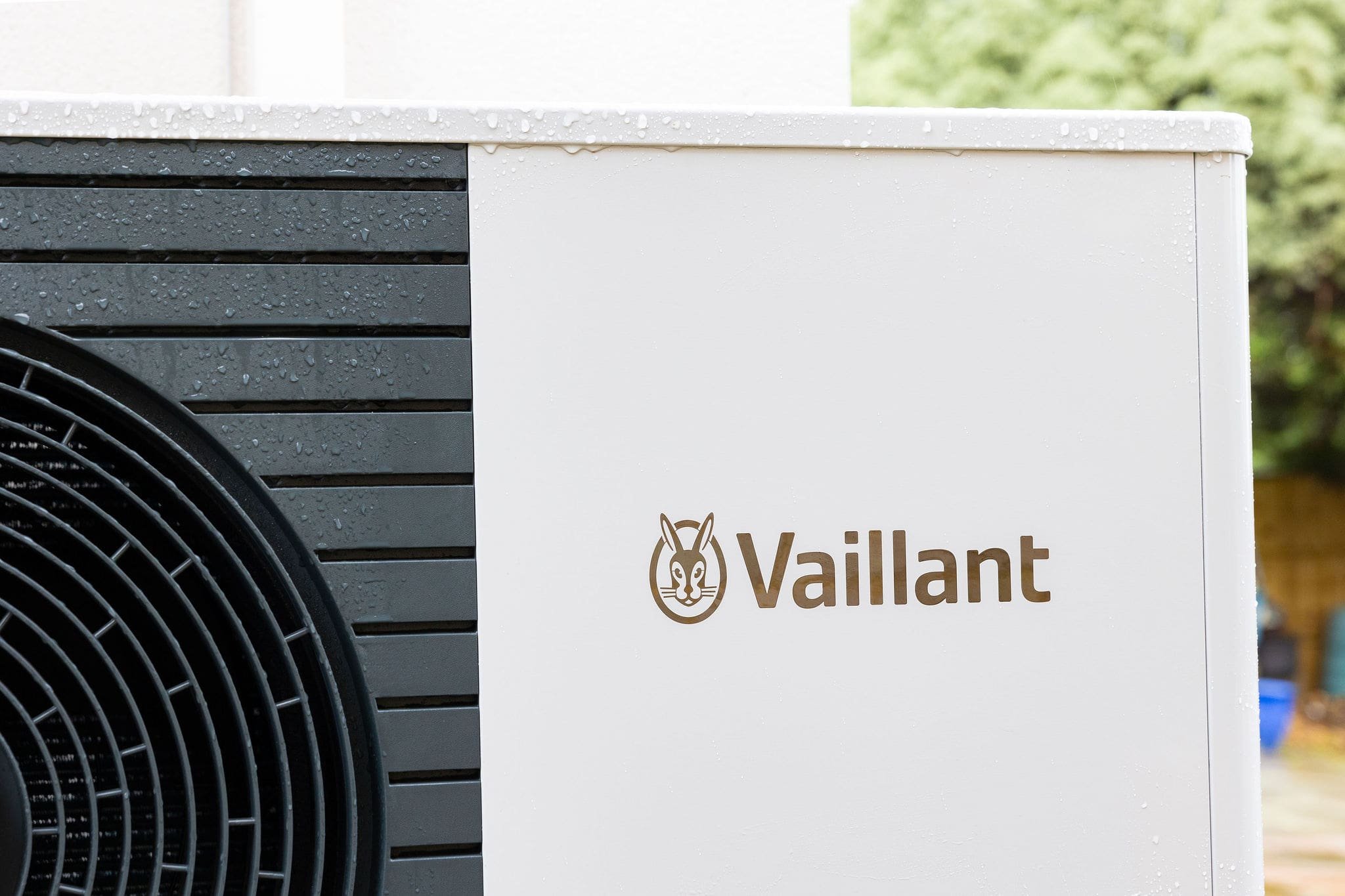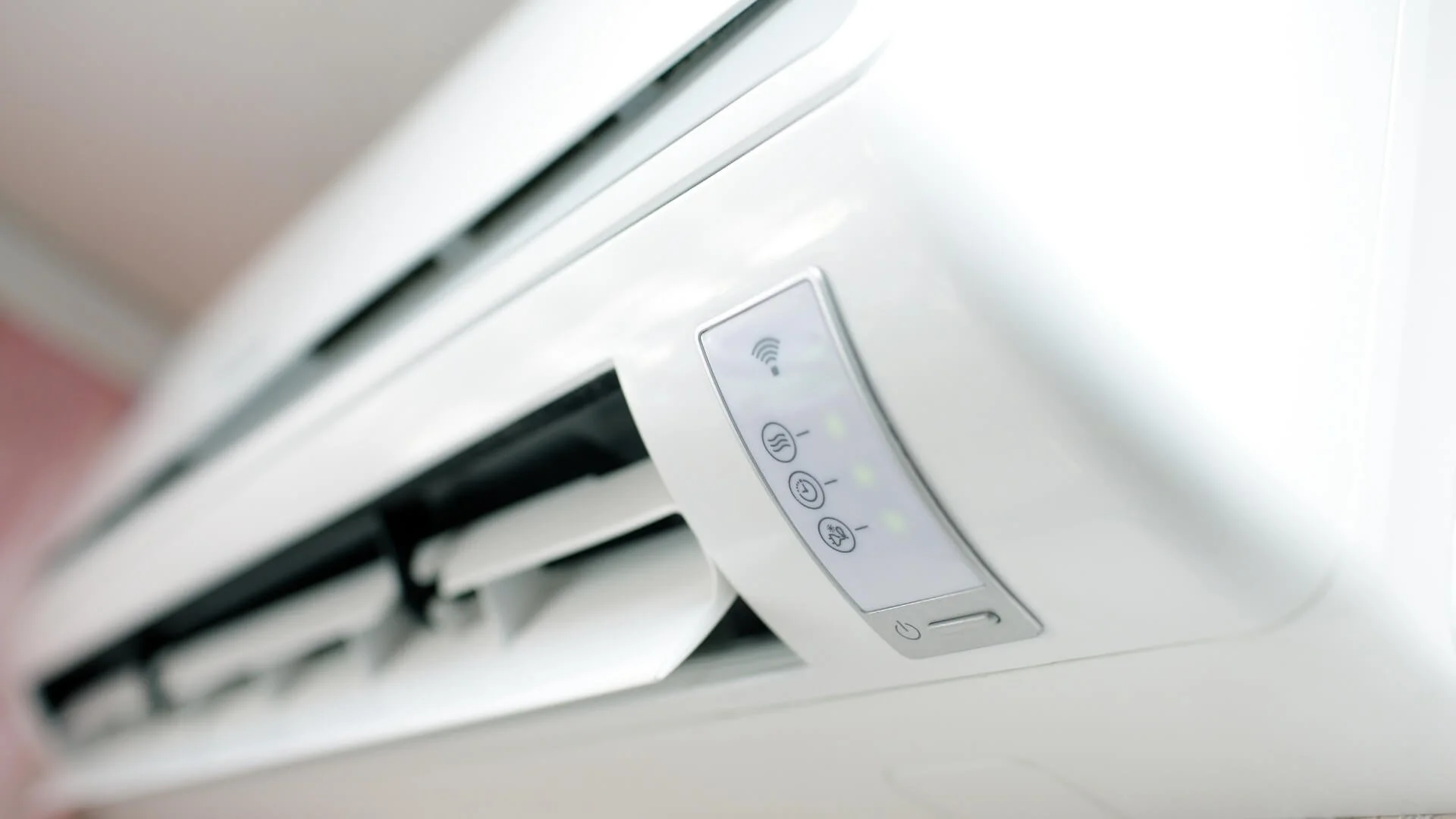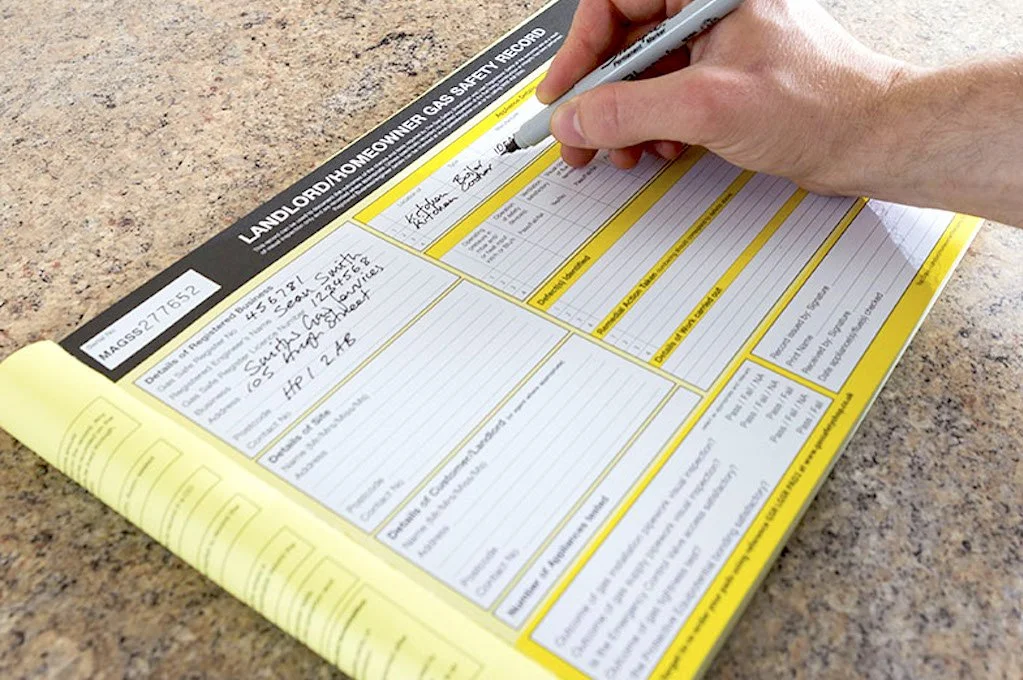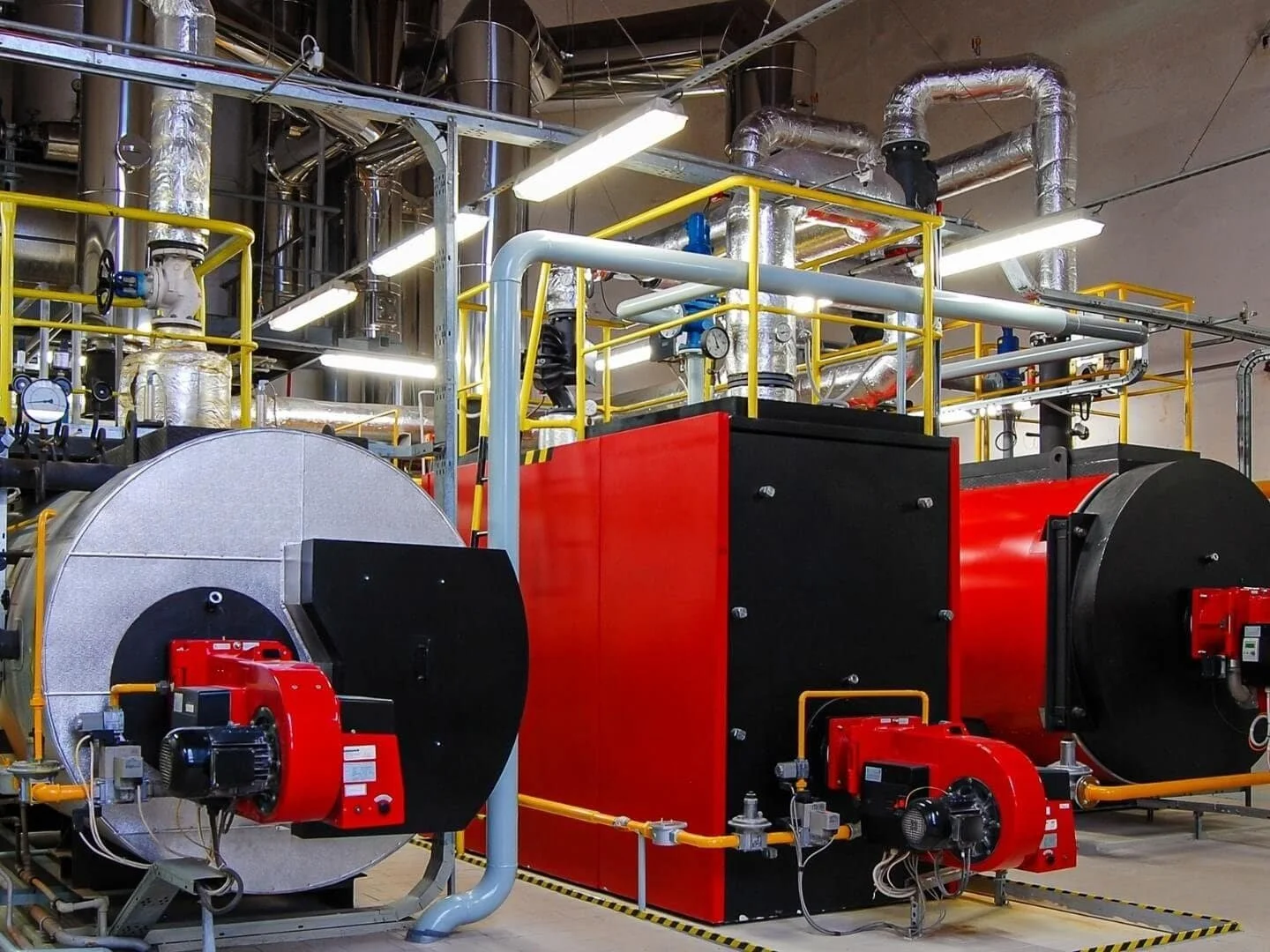Expert Air Source Heat Pump Installation
Denver Services can service and install air source heat pumps to customers throughout Sussex, Surrey and Kent.
Denver Services has partnered with leading manufacturers of Air Source Heat Pumps
Is an air source heat pump right for your home?
If you're thinking about upgrading your central heating system or installing a new one that uses a carbon-free air source heat pump, our team of central heating experts is here to help. We can guide you through the various options available and create a custom-designed system that's perfect for your home.
The team at Denver Services has vast experience in the domestic and commercial central heating sector, so you’ll have peace of mind knowing you’re in very safe hands.
What is an air source heat pump?
An air source heat pump, sometimes called an air-to-water source heat pump, transfers heat from the outside air to water, which heats your rooms via radiators or underfloor heating. It can also heat water stored in a hot water cylinder for your hot taps, showers and baths. The heat from the air is absorbed into a fluid. This fluid then passes through a heat exchanger into the heat pump, which raises the temperature and then transfers that heat to water.
Will a heat pump save me money on my energy bill?
Running costs will depend on how your heat pump is designed and operated. Savings on your energy bill will also depend on the system you are replacing.
Denver Services has partnered with leading manufacturers of Air Source Heat Pumps. We are dedicated to delivering the perfect unit for your system.
Eligible
for grants of up
to £7,500 grant through the
Boiler Upgrade
Scheme.

Want to install an air source heat pump?
Get an easy quote today with our estimating tool.
How long does it take to install a heat pump?
Installation times for a heat pump can vary depending on the type you choose to install. On average, the installation typically takes 2 to 5 days.
In some situations, a solid base or drainage may need to be provided before the heat pump is ready to be installed. Don't worry; this will all have been discussed and arranged beforehand during the design process.
How much does an air source heat pump installation cost?
The cost of air source heat pump installations can vary depending on your chosen system. Additionally, the available government grant schemes differ based on your location within Great Britain. Here's a breakdown of the potential costs:
England and Wales
The Boiler Upgrade Scheme (BUS) offers a £7,500 grant, which can significantly reduce installation costs.
As a result, the installation cost of a heat pump in this region can range between £3,500 and £8,900
It's important to keep in mind that the total costs of installation may go up if your home requires additional energy efficiency improvements. For example, if you need to upgrade radiators or add insulation, you may need to spend more money. Usually, existing pipework and electrical systems can be utilized, but if they need to be replaced, this may further increase the overall cost.
FAQ’s
-
There is an ongoing debate over which system is the most efficient. An air source heat pump relies on the outside air temperature, which can be much cooler than the ground temperature, which is relatively stable in comparison. As a result, a ground source heat pump tends to be more efficient in all outside temperature situations. However, they are significantly more expensive to install and, as a result, are less popular than air source heat pumps.
-
A heat pump is at its best when it is circulating low temperature water around the heating system in a “steady state” mode. The heat pump is best run from a weather compensation system and allowed to run at all times as dictated by the external weather temperature and the internal room temperature. Because of the low temperature of the heating system water it is not best suited to be operated intermittently like a boiler. A boiler is typically turned on for a couple of hours in the morning, switched off all day and then turned back on at night for 5 or 6 hours.
The high temperatures produced by a boiler enable it to heat a house more rapidly than a heat pump. Therefore, the heat pump should be operated in a "steady state" mode to avoid the need to quickly heat the house from a low starting temperature.
-
The servicing requirements of a heat pump are not as onerous as a boiler however, there are disagreements as to whether the homeowner can undertake this or a service engineer is required.
With a Ground Source heat pump the requirements are more of a check than an activity, the closed loop collection system needs to be checked for the correct levels and efficacy as the fluid also serves as an anti-freeze. The heating system water pressure needs to be maintained and, if the installation has a mains pressure unvented hot water storage cylinder, the servicing requirements of that needs to be considered.
An air source heat pump requires the external unit to be kept free of leaves and debris. Any filters within also need to be cleaned or replaced as specified by the manufacturer. Similar to a ground source heat pump, any unvented, mains water pressure cylinder needs to be serviced according to the manufacturer’s instructions.
-
The running costs of a heat pump will vary from house type to house type. A well-insulated house built to new building regulation standards will generally be less expensive to run than a gas or oil fi red boiler system providing the heating system flow temperatures are kept relatively low, ideally around 40ºC.
A heat pump will be less efficient and more costly to run when it is generating higher temperatures. This can happen if the house isn’t well insulated if the radiators are not properly sized for lower temperatures, or when higher temperatures are needed to produce hot water.
-
The short answer is yes. This is called a hybrid heat pump and typically consists of gas boiler and air to water heat pump outdoor unit. It works using an outdoor heat pump with an existing or new boiler to provide heating and hot water to the home.
Unlike a standalone heat pump, remedial changes such as resized radiators and fabric improvements are less likely to be required to ensure performance. The hybrid heat pump may utilise the existing system and fabric improvements can be installed over a longer period.
The heat pump can effectively heat the house for most months. However, during colder temperatures, the boiler will assist the heat pump in reaching the desired temperature. Additionally, a combi boiler can supply hot water while the heat pump warms the property.
-
The installation cost of a heat pump will differ from house to house and from size and type of heat pump chosen. As a rule of thumb, an air to water heat pump will cost around £8k to install and a ground source heat pump could be anything up to and around £20k. This though is very dependent on the site and as to whether the existing heating system can be used and the position of the equipment etc.
Remember the following information:
There are grants available to help with investment, sometimes at the local and regional levels. Additionally, there is The Boiler Upgrade Scheme, a government incentive that can assist with the upfront cost of upgrading your heating system with our air-to-water and ground-source heat pumps. Moreover, there is currently no VAT on heat pumps, further reducing the cost.
-
An air source heat pump has an outdoor unit that contains a fan to induce the external air into the unit and consequently, they are noisier than a ground source heat pump. Generally, there are few complaints about the noise from a heat pump and when compared with the normal ambient external noise are quite acceptable.
Heating & Cooling Services













